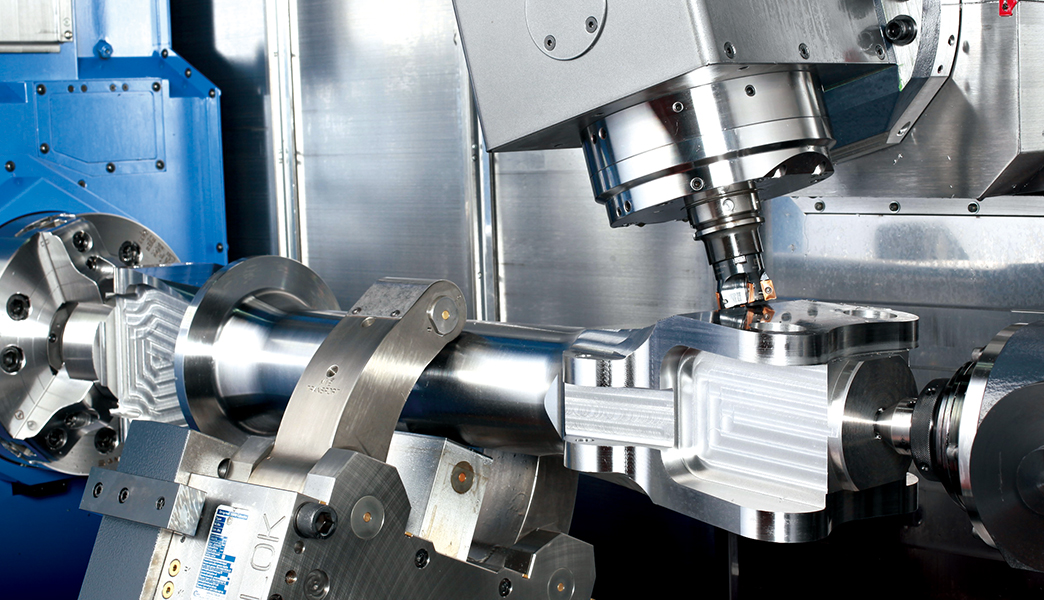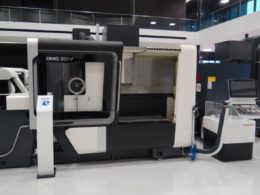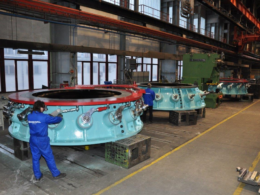In an effort to align with international sanctions and prevent its high-tech products from being used in the Russian military's operations in Ukraine, Taiwan has announced an expansion of its export restrictions. According to a report by CNA, citing the Taiwan Ministry of Economic Affairs (MOEA), the government will add 77 items to its list of machine tools restricted from being exported to Russia and Belarus, effective 8 March.
Computer Numerical Control (CNC) machine tools are vital for Russian military production. These precision tools enable manufacturing components used in nearly all Russian defense systems, from missiles to tanks. By facilitating fabrication of complex arms, foreign CNC equipment provides critical support across Russian weapons programs.
The MOEA's International Trade Administration official emphasized that this move aims to keep pace with the enhanced export sanctions enacted by the European Union, the United States, and Japan. The expanded restrictions cover advanced equipment such as CNC machine tools, machining centers, lathes and turning machines, milling machines, and grinding machines.
Highlighting the significance of the decision, the official pointed out that Taiwan's exports of these 77 high-tech items to Russia amounted to $45 million last year, representing 1.47 percent of Taiwan's total exports to the country.
Additionally, according to Russian customs records analyzed by trade data firm NBD, between March and September 2023, Russia imported at least 193 Taiwanese-made machining centers worth a total of nearly $29 million, Russia’s Insider reported.
Insider: Taiwan becomes Russia’s top supplier of precision machine tools
The step reflects Taiwan's commitment to global security concerns, especially considering the potential repercussions for Taiwan's machine tool industry. The industry could face reluctance from key German and Japanese component manufacturers to continue business, affecting both the upstream and downstream supply chains, if these tools were to be used in the production of military weapons by Russia.
To further mitigate risks, the MOEA has urged Taiwanese manufacturers exporting to countries with a high likelihood of reshipping products, such as Türkey and the United Arab Emirates, to ensure their shipments are not redirected to Russia and Belarus.
The Taiwan Machine Tool and Accessory Builder's Association has acknowledged the potential industry-wide impact of these sanctions, CNA reported. It expressed hopes for government assistance in helping businesses within the industry to innovate and adapt their techniques and technology. Moreover, the association called for efforts to sign free trade agreements and join the Comprehensive and Progressive Agreement for Trans-Pacific Partnership (CPTPP) to secure preferential tariffs and foster international expansion for Taiwanese businesses.
In January, an in-depth investigation by The Insider and Taiwanese outlet The Reporter revealed that Taiwan has become Russia's primary source of precision metalworking machines since its invasion of Ukraine. Türkiye was noted as a prominent intermediary for imports of Western measuring equipment into Russia, another Insider investigation found.
For example, Türkish transit point data shows that as of September, Taiwanese metalworking machines accounted for the largest share of machine tool imports being moved to Russia along the Türkish route. Overall, the total value of Taiwan’s machining exports to Türkiye jumped 45% between January and October 2023 compared to 2022, making Türkiye the top official destination market, Insider reported.
Read also:
- Politico: EU aluminum producers call for embargo on Russian imports amid sanction talks
- US imposes sanctions on key procurement network supporting Iran’s missile and UAV programs
- Russian drone manufacturer ‘Orlan-10’ ramps up production despite sanctions, Inform Napalm reports
- Russian billionaire family exploits EU sanctions loopholes to support Russian military – investigation





